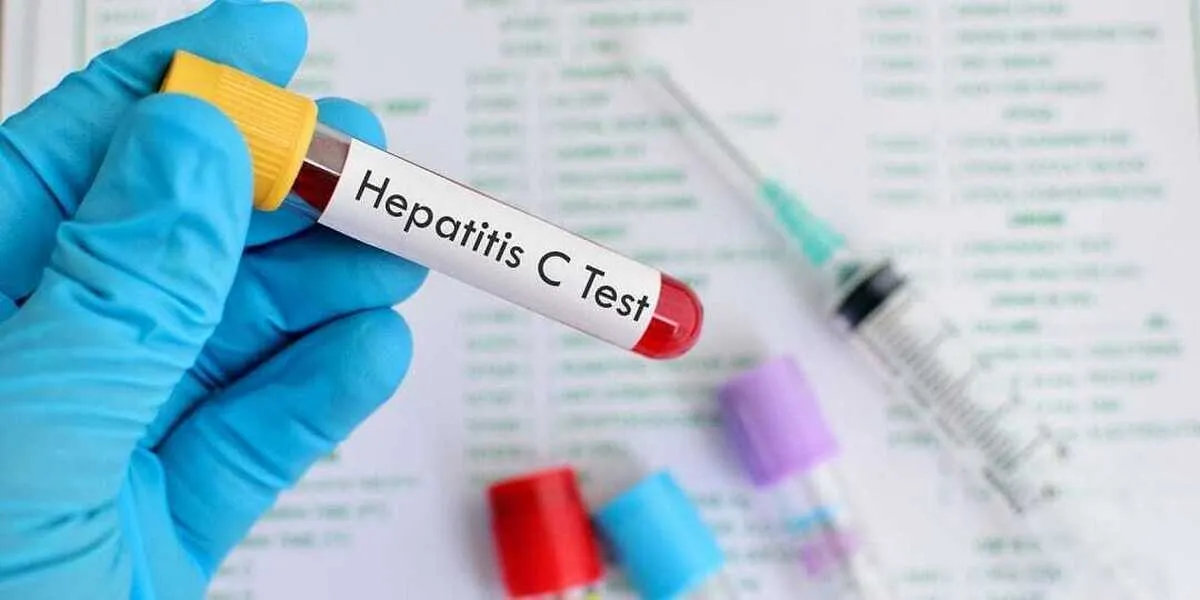Iran, WHO to Cooperate to Eliminate Hepatitis C

Iranian Deputy Health Minister Hassan Farshidi, in a meeting with WHO’s Assistant Director General for Communicable and Noncommunicable Diseases Jerome Salomon, underscored the establishment of a joint working group to eliminate hepatitis C.
The officials met on the sidelines of the 77th World Health Assembly (WHA) held in Geneva, Switzerland, from May 27 to June 1.
During the meeting, Farshidi presented a report on the measures taken in Iran to control and prevent hepatitis C and stressed the key strengths of Iran's national program, including the strong primary health care services (PHC) and the integration of the programs to fight and manage hepatitis.
Salomon, for his part, lauded Iran for its commitment and strong will in the elimination of hepatitis C and announced WHO’s readiness to support Iran's plans in this area.
He also called Iran a role model for other regional countries in the elimination and control of hepatitis C.
The two sides agreed to establish a joint working group to support the eradication of hepatitis C program in Iran.
Also, a team of experts from the World Health Organization is scheduled to visit Iran to assess the strengths and needs in eliminating hepatitis C.
The ministry of health is planning to eradicate hepatitis C across the country within a period of 2 to 3 years.
“If the necessary budget is provided, we will eliminate hepatitis within two to three years,” Shahnam Arshi, a health ministry official, said.
Universities of medical science have put the eradication of hepatitis C in the spotlight, he stressed.
Noting that an estimated 200,000 people in Iran are infected with hepatitis C, Arshi said that the ministry has been importing diagnosis kits for identifying patients.
4155/v





















